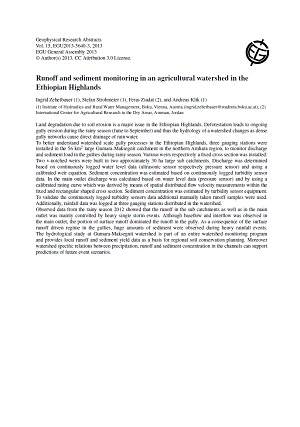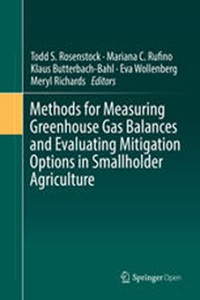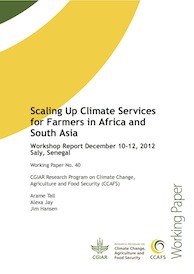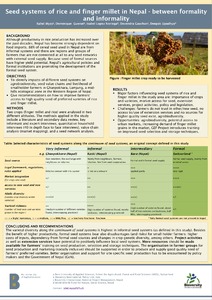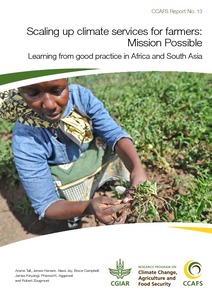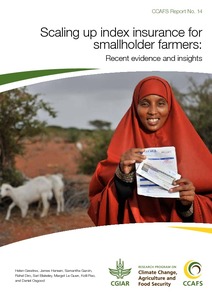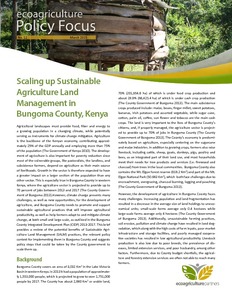Review of climate service needs and opportunities in Rwanda
Rwanda’s variable and changing climate is an increasingly serious challenge to the country’s
agricultural sector and farming population. Climate information services are emerging as a
means to support farmers to manage risk and provide an opportunity to build the resilience of
agriculture to climate at all time scales. Climate services include historical, monitored and
forecast information, and value-added information products such pest and disease risk
warnings, crop yield forecasts, or management advisories. The new Rwanda Climate Services


